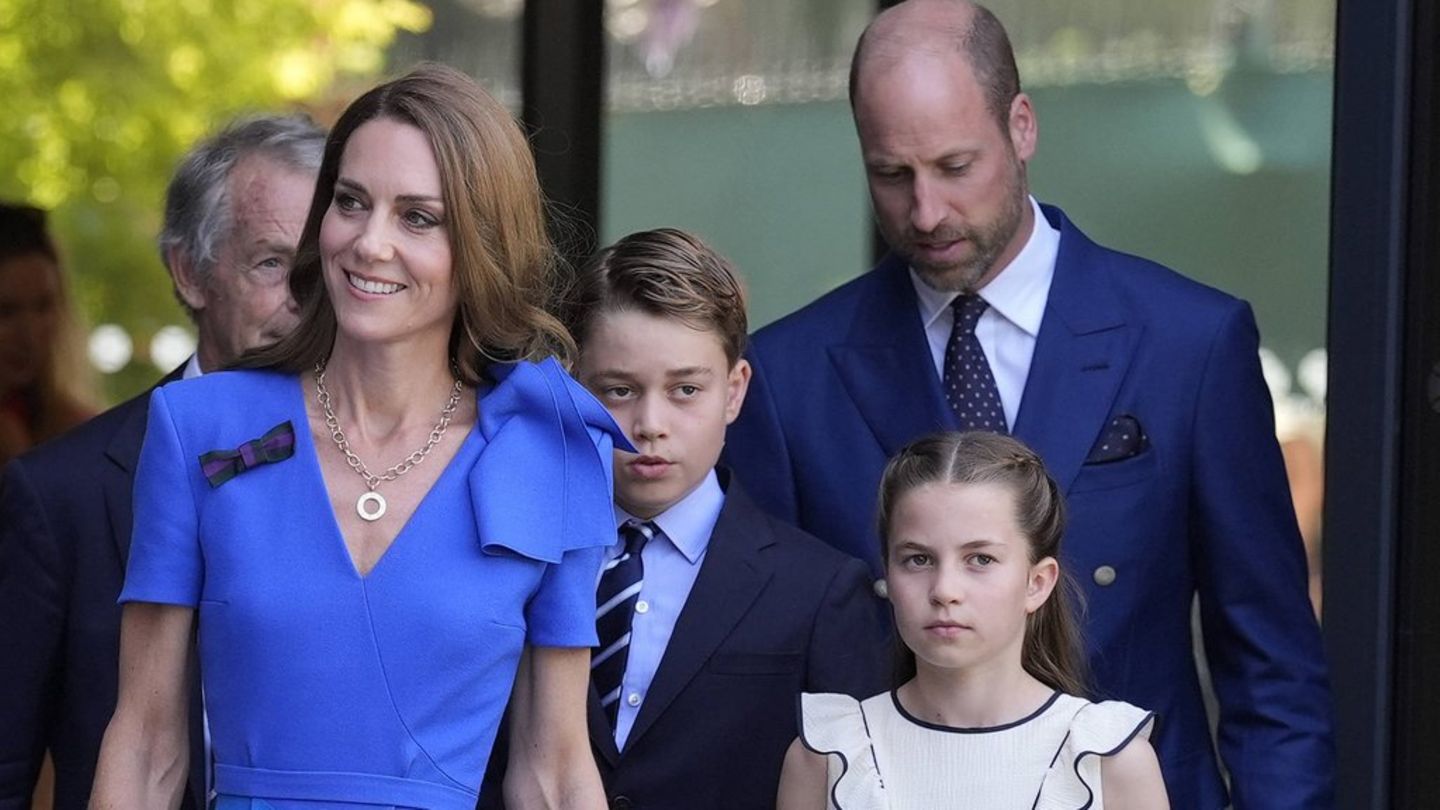The Russian Defense Minister Sergei Shoigu had disappeared from the scene for more than twelve days. He then appeared via video at an obscure teleconference that no one could say exactly when it is said to have taken place. Then the minister spoke up on Tuesday with the promise that none of the 134,500 newly drafted recruits would be sent to “hotspots”.
Before his mysterious disappearance, the Defense Ministry had to admit that conscripts were already deployed in Ukraine. This was in contrast to statements made by Russian President Vladimir Putin. It seems clear to Western analysts that things are not going according to plan. “We have information that Putin feels deceived by his own military,” White House spokeswoman Kate Bedingfield said yesterday about the latest findings by the US intelligence services. This has led to “persistent tensions between Putin and his military leadership.” That could explain Schoigus’ dive.
According to Bedingfield, Putin is “misinformed by his advisors about how badly the armed forces are actually doing and how badly the sanctions are bringing the Russian economy to its knees”. The reason for this is that his top advisers are “afraid to tell him the truth”. Pentagon spokesman John Kirby said it was “disturbing” that the Russian president “does not have a clear picture of the extent of his troops’ failure.”
Flatterers as a problem
US Secretary of State Antony Blinken emphasized that yes-men and flatterers are a fundamental problem in many autocracies. “There are no people in these systems who are allowed to tell the truth to those in power.”
As an indicator, the USA refers to the contradictory statements about the status of the peace negotiations in Istanbul. It is difficult to achieve sustainable results there if Putin does not have a clear picture of the situation, it said. After the negotiations with the delegation from Ukraine, the Russian negotiators confirmed their assessment that progress had been made.
It didn’t take long for Kremlin spokesman Dmitry Peskov to reject his own chief negotiator’s more optimistic assessment. On the other hand, Foreign Minister Sergei Lavrov spoke of “significant progress” in the negotiations with Ukraine.
Source: Nachrichten




